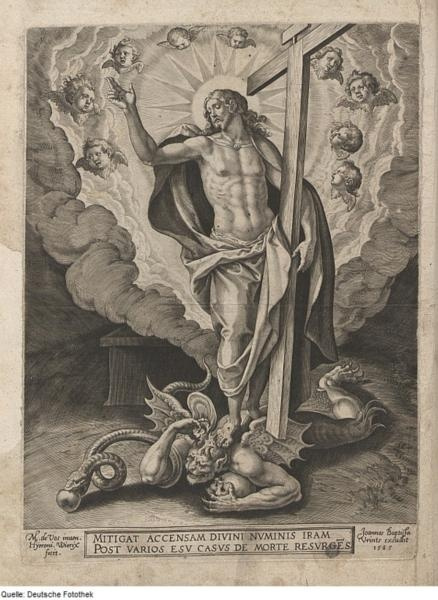Every now and then someone asks me for a list of my favorite books on the doctrine of the atonement. This is my list of favorite classics, to be followed by a list of contemporary works.
Athanasius, On the Incarnation: for my money, this is the best intro text to the doctrine of the atonement ever written. If you get Athanasius, you’ll get the doctrine of the atonement.
 Anselm, Why God Became Man: this is probably the most important text on the atonement for the history of Western thought. While Anselm develops a unique theory of the atonement, he is often misunderstood and made to seem far more one-dimensional than he really is. I recommend that you read his “Meditation” on the incarnation along with Cur Deus Homo.
Anselm, Why God Became Man: this is probably the most important text on the atonement for the history of Western thought. While Anselm develops a unique theory of the atonement, he is often misunderstood and made to seem far more one-dimensional than he really is. I recommend that you read his “Meditation” on the incarnation along with Cur Deus Homo.
Thomas, Summa Theologica III.46-52: Thomas brings together the history of the doctrine before him in a comprehensive manner. Though brief and fast-paced, anything you find in the history before him will find its way into Thomas’ work.
Calvin, Institutes II.14-17: often thought to be the father of the “penal substitution” theory of the atonement, Calvin has a delightful, rich and devotional account of the work of Christ. I find his work on the atonement in the Apostles’ Creed, though brief, to be especially rich.
Edwards, The Wisdom of God Displayed in the Way of Salvation: this is my quirky addition to the list of classic atonement texts. This collection of sermons blows the doors open, showing us how big a doctrine this really is. Pay special attention to the way that “wisdom” shapes his view, as well as the role of the angels.
Campbell, The Nature of the Atonement: Campbell takes us deep into the world of Reformed theology, and offers some substantial correctives, rooted in the love of God, in direct confrontation with a certain account of predestination. This is a great read, in conjunction with T.F. Torrance’s essay on Campbell in his book on “Scottish Theology.”
Barth, Church Dogmatics IV/1: while Athanasius gives us the best intro to the doctrine, this is my pick for the best text ever written on the doctrine. No other book will do a better job of presenting the foundation and scope of the doctrine, weaving it into the character and purposes of God.
Balthasar, Mysterium Paschale: this book hones in on space between the death and resurrection of Jesus Christ, and the Trinitarian foundation and implications of what it means for Christ to be dead. A profoundly creative theologian, Balthasar is a “must read.” For the brave, his Theo-Drama: Action takes you further into this line of thought.
Torrance, Space, Time and Resurrection: My inclusion of this text is especially idiosyncratic, but for me this book was a paradigm changer, helping me rebuild the doctrine of the atonement around Christ’s resurrection, rather than around his death. A great text to read alongside this work is NT Wright’s book “The Resurrection of the Son of God,” which offers a tour-de-force of the New Testament material.